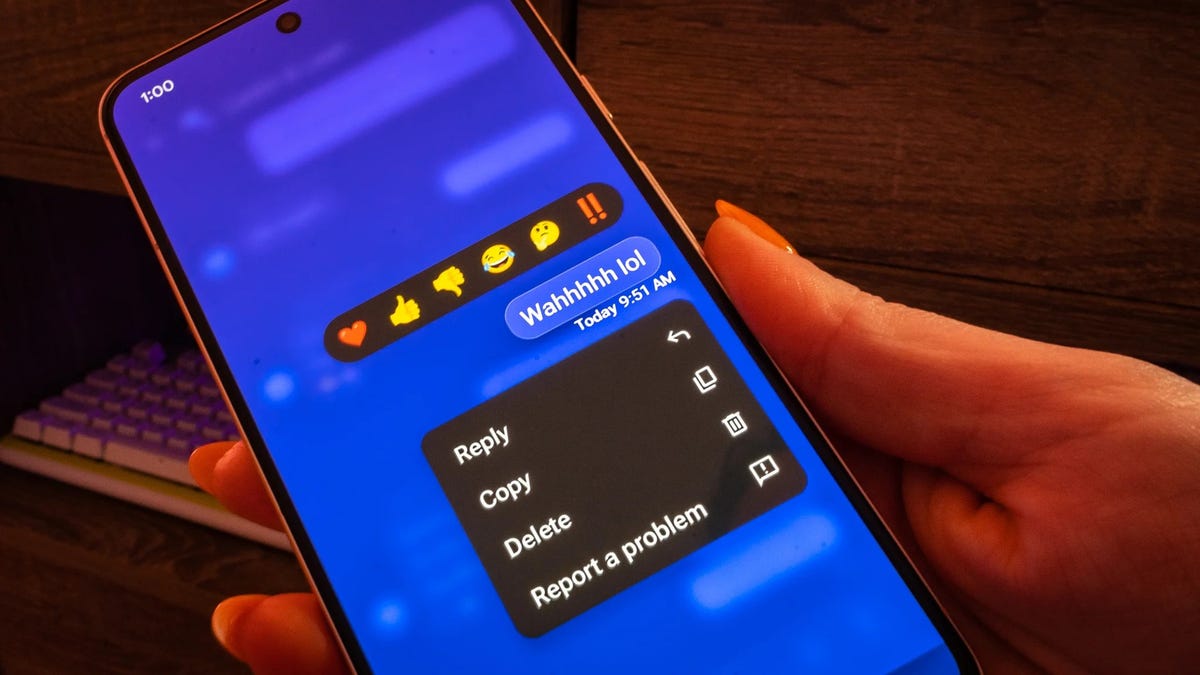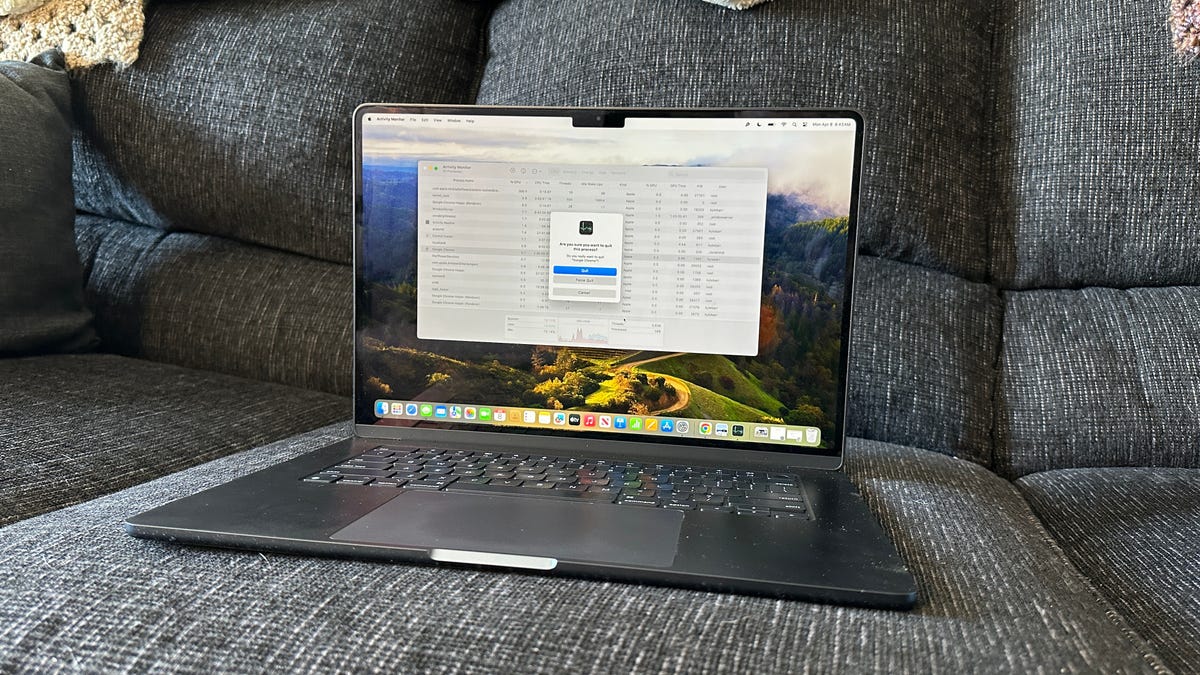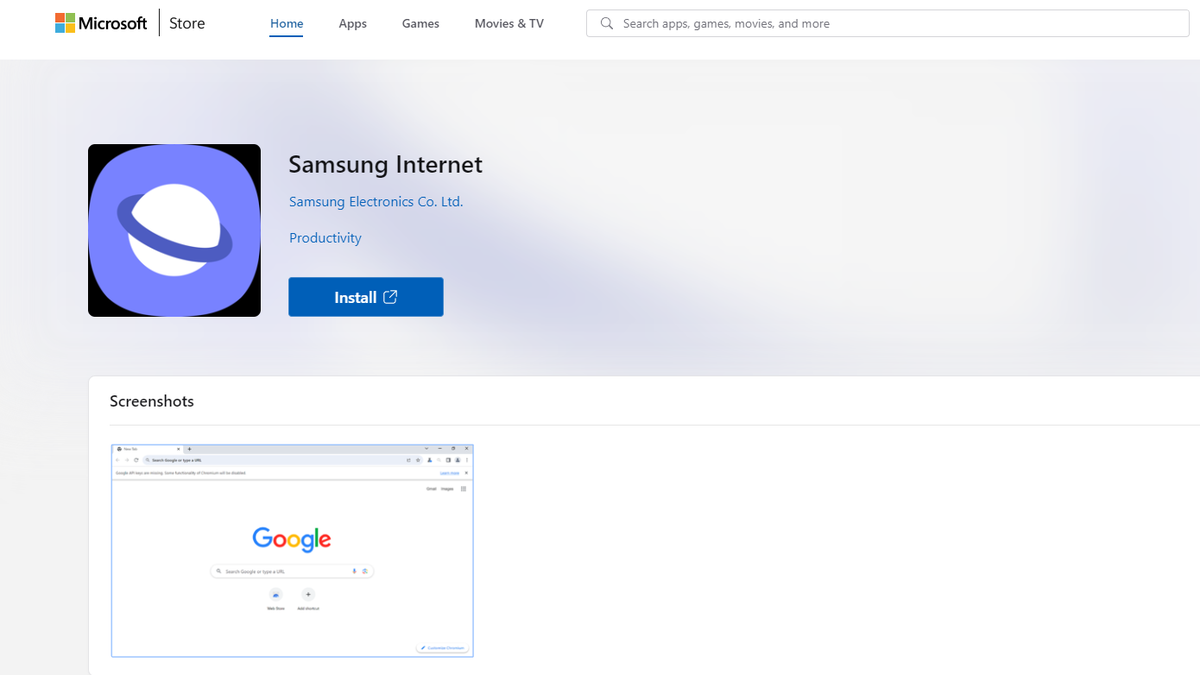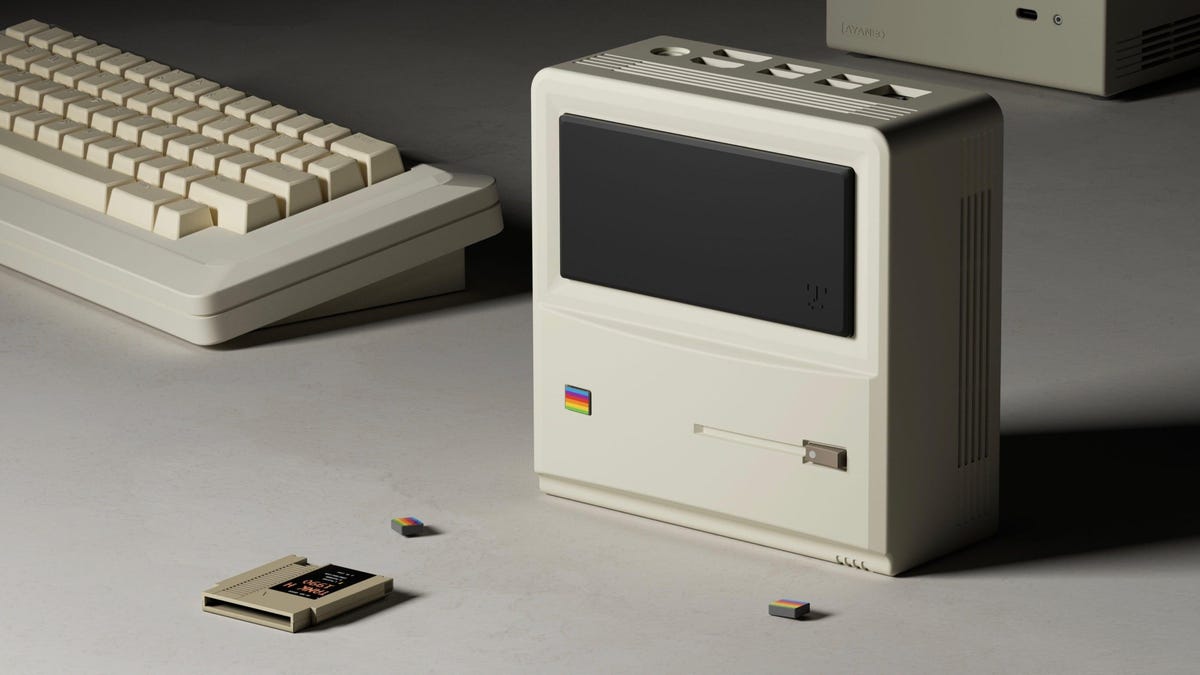Apple isn’t keen to let just any peasant enter its hallowed and gloried domain of iMessage. The company officially declared it had blocked the Beeper Mini app, which let Android users send blue bubble messages to their friends and family on iPhone by reverse engineering the iMessage protocol.
I guess you should go ahead and buy your mom that iPhone, just like Apple CEO Tim Cook once told a reporter asking questions about Apple’s dreaded blue bubbles. Gizmodo took the app for a spin last week, but just as we published our story, the app’s servers started to fail. The app manages to break into Apple’s walled garden by legitimately requesting authentication through the official Apple servers. Not only did it get rid of the green bubbles, but it also lets users send emoji reactions, see read receipts, and finally send high-res photos to friends and family.
On Saturday, an Apple spokesperson told The Verge that they were trying to “give users control of their data and keep personal information safe.” The company said Beeper was exploiting “fake credentials in order to gain access to iMessage. These techniques posed significant risks to user security and privacy, including the potential for metadata exposure and enabling unwanted messages, spam, and phishing attacks.”
Gizmodo reached out to Apple for additional comment, and we’ll update this page if we hear more. Apple’s comments on security are similar to what the company said about Nothing’s borked attempt to enter into iMessage’s domain. Nothing Chats was yoinked from the Google Play Store after internet sleuths found the app wasn’t keeping users’ data safe.
But Beeper claims it was protecting users’ data, especially since the app was getting authentication from the Apple servers. On Sunday, the official Beeper Twitter account said the company was still working to fix the issue causing the outage, saying they “hope to have good news to share soon.” Beeper CEO Eric Migicovsky previously told us, “If Apple truly cares about the privacy and security of their own iPhone users, why would they try to kill a service that enables iPhones to send encrypted chats to Android users?”
Though, as of Monday, the app is still down. Apple’s move even caught the attention of Sen. Elizabeth Warren, who complained that the forced SMS communications were “less secure” and that Apple was “protecting profits by squashing competitors.”
Apple has previously confirmed the company plans to enable RCS protocol messaging between iPhones and Android devices, though that won’t enable some of the more requested features, such as emoji reactions. According to Bloomberg, Apple is feeling good about keeping the hedges on its walled garden nice and high as the European Union is expected to carve out iMessage from its Digital Markets Act. This would mean Apple can keep iMessage from being interoperable with other messaging services. Currently, the App Store, Safari, and iOS are all expected to comply with the DMA’s cross-compatibility mandate.








